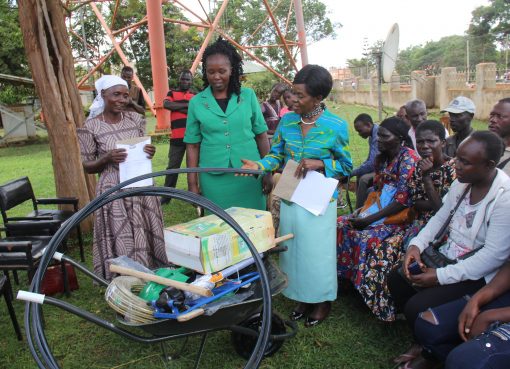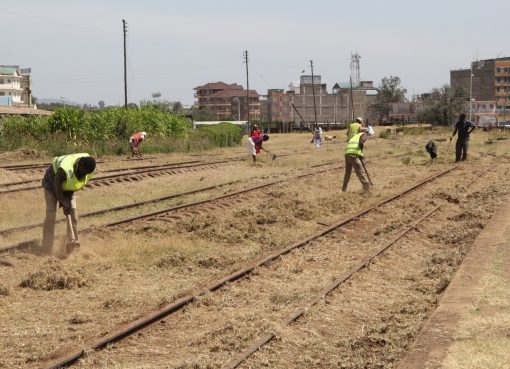A number of journalists have resorted to drinking heavily in a bid to cope with the rising frustrations and traumatic exposures they face every day as they carry out their duties.
Describing journalism as one of the most dangerous careers worldwide, Media Council of Kenya (MCK) Director for Media Training and Development Victor Bwire noted that despite the constant exposure to danger at their work places, many media houses do not organise debriefing sessions for their employees.
In this regard, the MCK has taken up the challenge and is running a series of trauma therapy sessions for journalists to equip them with coping dynamics for their traumatic experiences.
Mr. Bwire urged journalists to seek help whenever they felt overwhelmed, saying that sometimes all they needed to do was take a few days off to recover.
He noted that different individuals have different coping mechanisms, with some tipping off to dangerous zones where they even contemplate self-harm.
Bwire urged journalists to take their wellbeing seriously and note any changes that could suggest they had reached dangerous levels. He identified some of the signs that could indicate a cry for help, such as excessive drinking, incontrollable sexual affairs with multiple partners, absenteeism, and binge eating.
He further urged journalists to be wary of endangering their lives, especially when covering riots and violent demonstrations, urging them to earn basic self-protection skills such as taking cover during fire exchanges.
In her presentation, Dr. Caroline Njuguna, a counselling psychologist, urged journalists to always open up whenever they were overwhelmed by traumatising work experiences.
Dr. Njuguna further said that writing journals detailing their traumatic experiences was one way of healing.
She urged journalists to take control of their lives through self-appreciation and acceptance. This, she noted, would instill a sense of self-confidence and, therefore, an ability to make informed choices.
By Jane Ngugi




